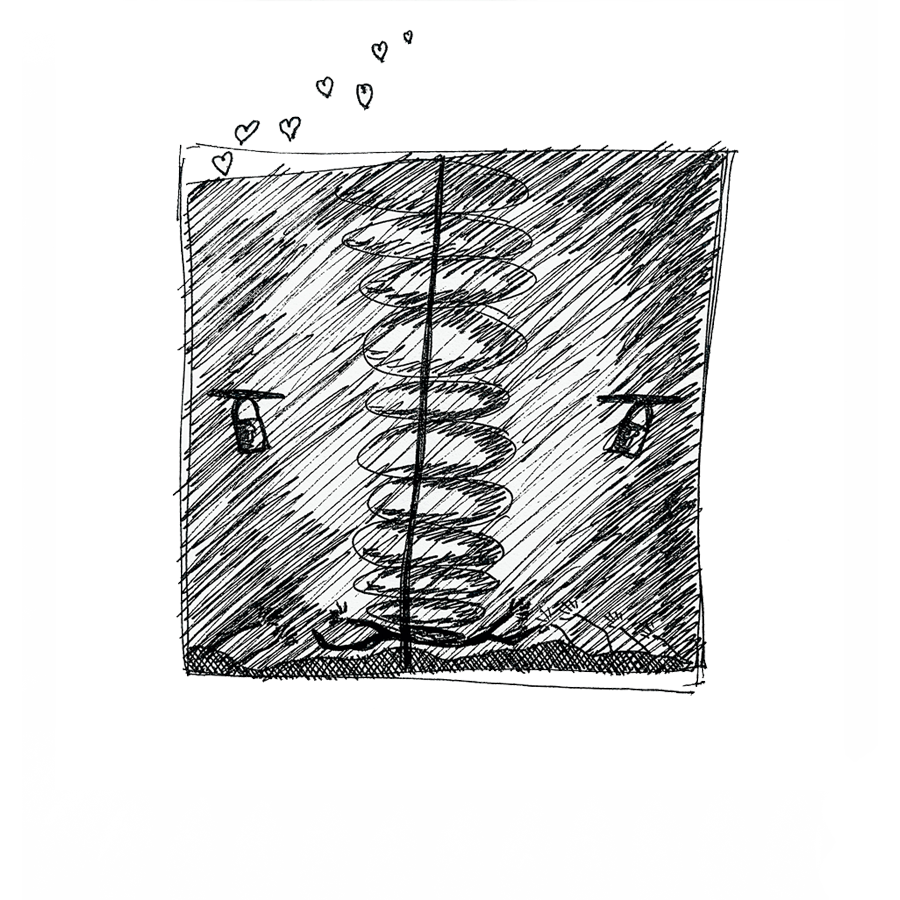Depression

For the last three years, Covid long haulers have had to become their own advocates and researchers as they lobby for recognition, funding and proper healthcare. Their knowledge has been hard-won against a backdrop of sickness. They’ve pushed through symptoms that ravaged their previously able-bodies and become the experts of their own disease.
That is why we decided that all the symptoms on this website should be written by patients, for patients. As our co-founder Jenene Crossan says “They poured their hearts, their souls and their deep determination to find just enough energy to put their experiences down for others to benefit from”.
Although we do not intend to give medical advice, the articles have been fact-checked by a wonderful doctor who is suffering from Long Covid too.
About the author
When I was 27, I developed Kowheori Roa | Long Covid despite being in the best shape of my life. My passion for home workouts and running kept me active and healthy. I cherished my independence, yet socialising with friends on weekends and going on road trips also brought me great joy. I found fulfilment in pursuing creative hobbies such as sewing and singing.
Since Covid-19, the shape of my life has changed dramatically. The mental and physical effects have left me mostly housebound and unable to drive. Socialising is largely reduced to casual text messages and exercise is no more than gentle yoga. Long Covid also meant I had to leave my job, which I adored, in the music industry. This is perhaps my most profound loss, as I had finally found a career I loved.
While I am starting to make slow progress towards recovering, I really miss these fundamental parts of who I was. Life with Long Covid now involves pacing, resting and appreciating the small things.
– Female, NZ European/Māori, Tāmaki Makaurau/Auckland

DISCLAIMER: THIS WEBSITE DOES NOT PROVIDE MEDICAL ADVICE
Content shared on this website is for informational purposes only. It should not be taken as a substitute for professional medical advice. Always seek the advice of a qualified healthcare professional regarding a medical condition, diagnosis or possible treatments. Long Covid Support Aotearoa is not liable for risks associated with using or acting upon the information provided on this website.
